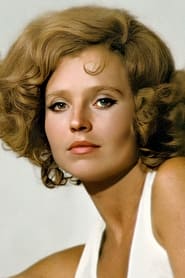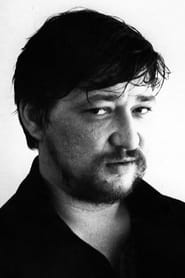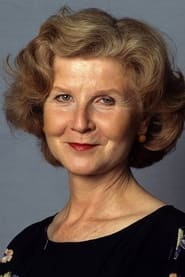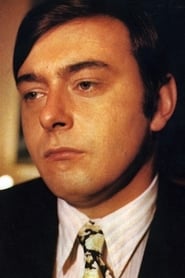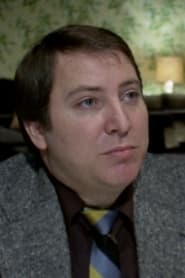
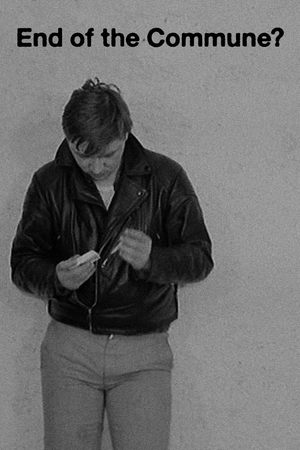
End of the Commune?(1970)
"End of the Commune"/"Ende einer kommune" is a great 49 min. long movie made in 1969 about Fassbinder and the early years of the legendary Antiteater he was a member/leader of. You can here see and hear some of the actors he was going to use in his movies for the next years. The movie shows rehearsals for his play "The Coffehouse" which also became a television-movie, and you can watch unique footage from the 19th Film-Festival in Berlin (1969) where "Love is Colder Than Death" were shown. As told in this documentary, his first feature-movie were given a cold shoulder by many of the journalists and visitors at the festival. You can in "End of the Commune" watch Fassbinder and actor Ulli Lommel walk out on stage after the opening of "Love is Colder than Death", while a man in the audience is shouting "Out with the director!". In this interesting documentary Fassbinder also talks a lot about his father which was a respectable doctor.

Movie: End of the Commune?
Top 6 Billed Cast
Self (uncredited)

Ende einer Kommune?
HomePage
Overview
"End of the Commune"/"Ende einer kommune" is a great 49 min. long movie made in 1969 about Fassbinder and the early years of the legendary Antiteater he was a member/leader of. You can here see and hear some of the actors he was going to use in his movies for the next years. The movie shows rehearsals for his play "The Coffehouse" which also became a television-movie, and you can watch unique footage from the 19th Film-Festival in Berlin (1969) where "Love is Colder Than Death" were shown. As told in this documentary, his first feature-movie were given a cold shoulder by many of the journalists and visitors at the festival. You can in "End of the Commune" watch Fassbinder and actor Ulli Lommel walk out on stage after the opening of "Love is Colder than Death", while a man in the audience is shouting "Out with the director!". In this interesting documentary Fassbinder also talks a lot about his father which was a respectable doctor.
Release Date
1970-06-05
Average
0
Rating:
0.0 startsTagline
Genres
Languages:
DeutschKeywords
Similar Movies
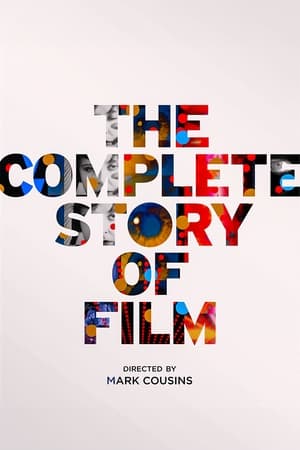 8.0
8.0The Complete Story of Film(en)
At 18 hours and 43 minutes long, 'The Complete Story of Film' collects two epic documentaries by Mark Cousins into a stunningly expansive global journey through film history from the birth of cinema to today. The Story of Film: An Odyssey is an inclusive and ground-breaking journey through the history of world cinema and a treat for movie lovers around the globe. Guided by filmmaker and historian Mark Cousins, this wonderfully insightful 15-hour love letter to the movies begins with the invention of motion pictures at the end of the 19th century, continuing through the entire 20th century of moviemaking and concluding with the globalized digital industry of the 21st. In The Story of Film: A New Generation, Cousins picks up where Odyssey left off, returning with a new epic and hopeful tale of modern cinematic innovation in the new millennium, exploring how movies and moviegoing have evolved and will continue to transform to our collective joy and wonder.
 5.8
5.8Room 999(fr)
In 1982, Wim Wenders asked 16 of his fellow directors to speak on the future of cinema, resulting in the film Room 666. Now, 40 years later, in Cannes, director Lubna Playoust asks Wim Wenders himself and a new generation of filmmakers (James Gray, Rebecca Zlotowski, Claire Denis, Olivier Assayas, Nadav Lapid, Asghar Farhadi, Alice Rohrwacher and more) the same question: “is cinema a language about to get lost, an art about to die?”
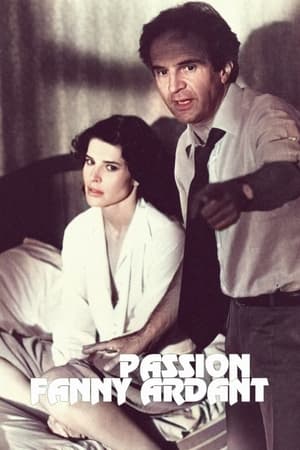 7.8
7.8Passion Fanny Ardant(fr)
A portrait of the famous French actress Fanny Ardant, who has worked with great figures of cinema such as Agnès Varda, Alain Resnais, Michelangelo Antonioni, Sydney Pollack and, above all, François Truffaut (1932-84), with whom she had a sentimental relationship and whose death marked the rest of her life.
 6.7
6.7The Death of "Superman Lives": What Happened?(en)
The Death of 'Superman Lives': What Happened? feature film documents the process of development of the ill fated "Superman Lives" movie, that was to be directed by Tim Burton and star Nicolas Cage as the man of steel himself, Superman. The project went through years of development before the plug was pulled, and this documentary interviews the major filmmakers: Kevin Smith, Tim Burton, Jon Peters, Dan Gilroy, Colleen Atwood, Lorenzo di Bonaventura and many many more.
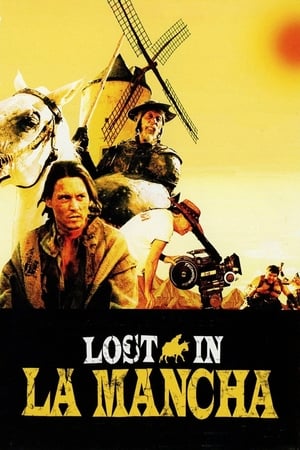 7.0
7.0Lost in La Mancha(en)
Fulton and Pepe's 2000 documentary captures Terry Gilliam's attempt to get The Man Who Killed Don Quixote off the ground. Back injuries, freakish storms, and more zoom in to sabotage the project.
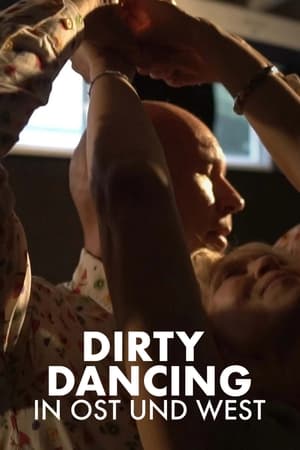 8.0
8.0Die Zeit meines Lebens - Dirty Dancing in Ost und West(de)
In 1987, a small film distributor from Frankfurt/Main brings the film "Dirty Dancing" to West German cinemas against all negative odds. The film becomes the hit of the year, in complete contrast to France, where foreign films have a hard time against the local film landscape.
 6.9
6.9Penélope Cruz: Diva in the Mirror(fr)
An account of the life and work of Spanish actress Penélope Cruz: a long journey that began in the working-class neighborhoods of Madrid and ended in the hills of Hollywood.
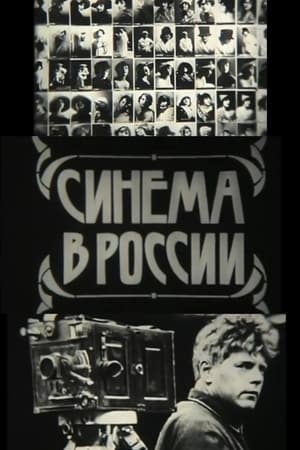 4.0
4.0Cinema in Russia(ru)
Documentary film about early years of Russian cinema: its first directors, cameramen, producers and actors. Includes rare fragments of pre-revolutionary feature films, newsreels and Starewicz's animation.
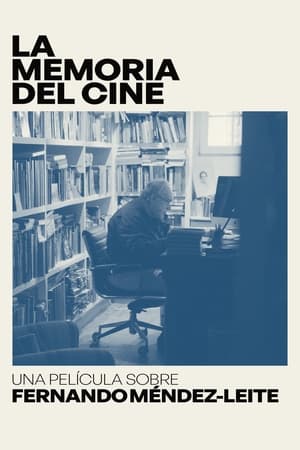 6.4
6.4The Memory of Cinema: A Film About Fernando Méndez-Leite(es)
A look at the life and work of Spanish filmmaker and film critic Fernando Méndez-Leite, as he writes his memoirs and a novel with autobiographical resonances.
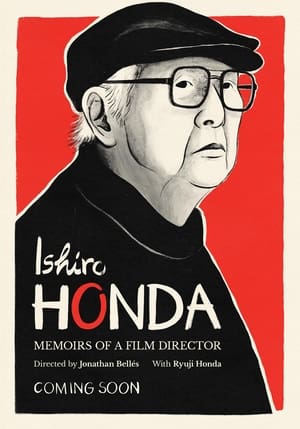 0.0
0.0Ishiro Honda: Memoirs of a Film Director(en)
A documentary film that delves into the life and cinematic career of one of Japan's most prolific directors: Ishiro Honda. The film will spotlight Honda's filmography from both a historical and personal perspective, exploring his contributions to the Japanese film industry and his firsthand experiences of war, from which he barely survived. It will also delve into his profound feelings regarding the atomic bomb, a subject that became an obsession for him and was frequently reflected in his films. The documentary will analyze Honda's body of work through interviews with individuals who had the privilege of collaborating with him, as well as experts on Honda's films from both Japan and the Western world. Furthermore, the film will uncover Honda's friendship and professional relationship with director Akira Kurosawa.
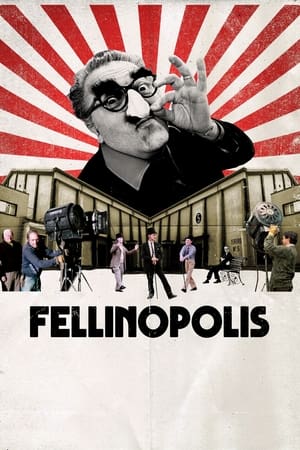 6.5
6.5Fellinopolis(it)
Ferruccio Castronuovo was the only authorized eye, between 1976 and 1986, to film the brilliant Italian filmmaker Federico Fellini (1920-1993) in his personal and creative intimacy, to capture the gears of his great circus, his fantastic lies and his crazy inventions.
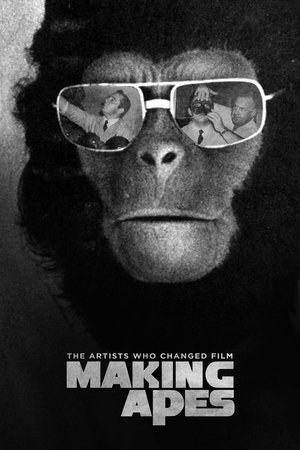 6.8
6.8Making Apes: The Artists Who Changed Film(en)
Fifty years after its release, the special effects makeup team behind Planet of the Apes reflect on making the iconic film.
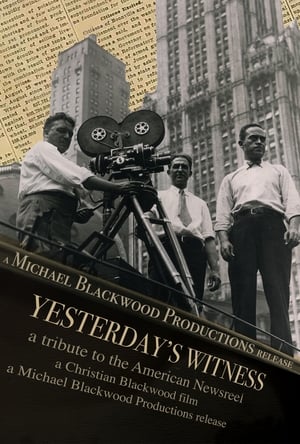 0.0
0.0Yesterday's Witness(en)
For the first 50 years of film history, the newsreel was a fixture in American movie theaters. From 1911 to 1967, these shorts proved an influential source of information – and misinformation – for generations of American moviegoers. Television news and public affairs programs became a great improvement over the scanty information offered by the newsreels. This documentary offers insight into a medium which has disappeared.
 6.5
6.5Altman(en)
Robert Altman's life and career contained multitudes. This father of American independent cinema left an indelible mark, not merely on the evolution of his art form, but also on the western zeitgeist. With its use of rare interviews, representative film clips, archival images, and musings from his family and most recognizable collaborators, Altman is a dynamic and heartfelt mediation on an artist whose expression, passion and appetite knew few bounds.
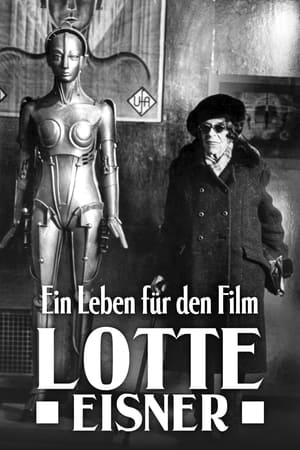 8.5
8.5A Life for Movies: Lotte Eisner(de)
Born in Berlin in 1896, Lotte Eisner became famous for her passionate involvement in the world of both German and French cinema. In 1936, together with Henri Langlois, she founded the Cinémathèque Française with the goal of saving from destruction films, costumes, sets, posters, and other treasures of the 7th Art. A Jew exiled in Paris, she became a pillar of the capital's cultural scene, where she promoted German cinema.
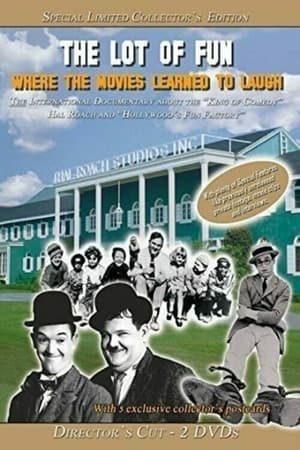 7.0
7.0The Lot of Fun: Hollywood’s Fun Factory(de)
A documentary about film producer Hal Roach.
 6.8
6.8His Name Was Jason: 30 Years of Friday the 13th(en)
A retrospective documentary about the groundbreaking horror series, Friday the 13th, featuring interviews with cast and crew from the twelve films spanning 3 decades.
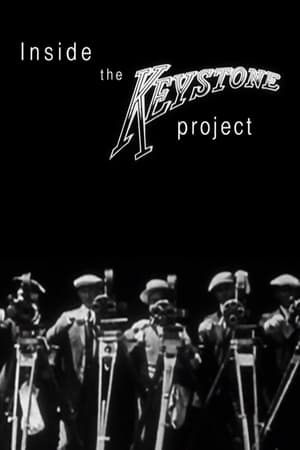 7.0
7.0Inside the Keystone Project(en)
Documentary short regarding the preservation and restoration of the worldwide remains of the Keystone films.
